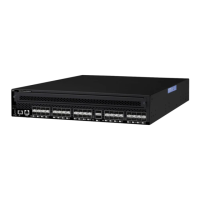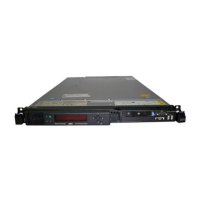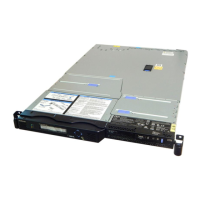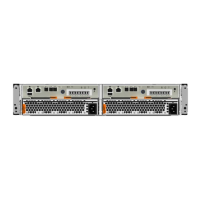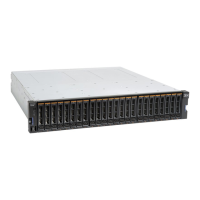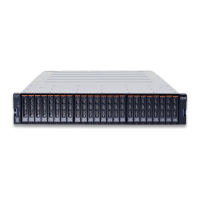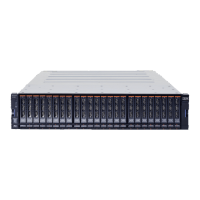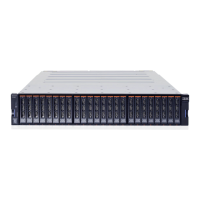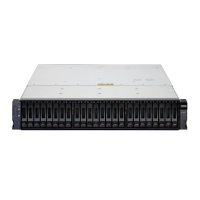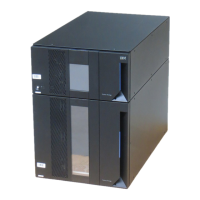Environment
Electromagnetic Noise Severity
Level Grounding Recommendations
Commercial building is located in
an area where lightning storms
frequently occur but is not
subject to direct lightning strikes.
High Appropriate grounding practices
must be closely followed.
Commercial building contains a
mix of information technology
equipment and industrial
equipment, such as welding.
Medium to high Appropriate grounding practices
must be closely followed.
Existing commercial building
is not subject to natural
environmental noise or man-
made industrial noise. This
building contains a standard
office environment. This
installation has a history
of malfunction due to
electromagnetic noise.
Medium Appropriate grounding practices
must be closely followed.
Determine source and cause of
noise if possible, and mitigate as
closely as possible at the noise
source or reduce coupling from
the noise source to the victim
equipment.
New commercial building is not
subject to natural environmental
noise or man-made industrial
noise. This building contains a
standard office environment.
Low Appropriate grounding practices
should be followed as closely as
possible. Electromagnetic noise
problems are not anticipated,
but installing a best practice
grounding system in a new
building is often the least
expensive route and the best way
to plan for the future.
Existing commercial building
is not subject to natural
environmental noise or man-
made industrial noise. This
building contains a standard
office environment.
Low Appropriate grounding practices
should be followed as much as
possible. Electromagnetic noise
problems are not anticipated,
but installing a best practice
grounding system is always
recommended.
Table 14. Best practices (continued)
Note: In all situations, grounding practices must comply with local National Electric Code (NEC)
requirements or local laws and regulations.
Note: Always ensure that all of the modules are completely installed and that the captive installation
screws are fully tightened. In addition, ensure that all I/O cables and power cords are properly seated.
These practices are normal installation practices and must be followed in all installations.
Preventing Electrostatic Discharge Damage
Electrostatic discharge (ESD) damage, which can occur when modules or other Field Replaceable Units
(FRU - a circuit board, part, or an assembly which can be easily removed and replaced without having to
send the entire product to a repair facility.) are improperly handled, results in intermittent or complete
failures. Modules consist of printed circuit boards that are fixed in metal carriers. Electromagnetic
76IBM Storage Networking SAN192C-6, SAN384C-6 and SAN768C-6: SAN192C-6, SAN384C-6 and
SAN768C-6 Installation, Service, and User Guide
